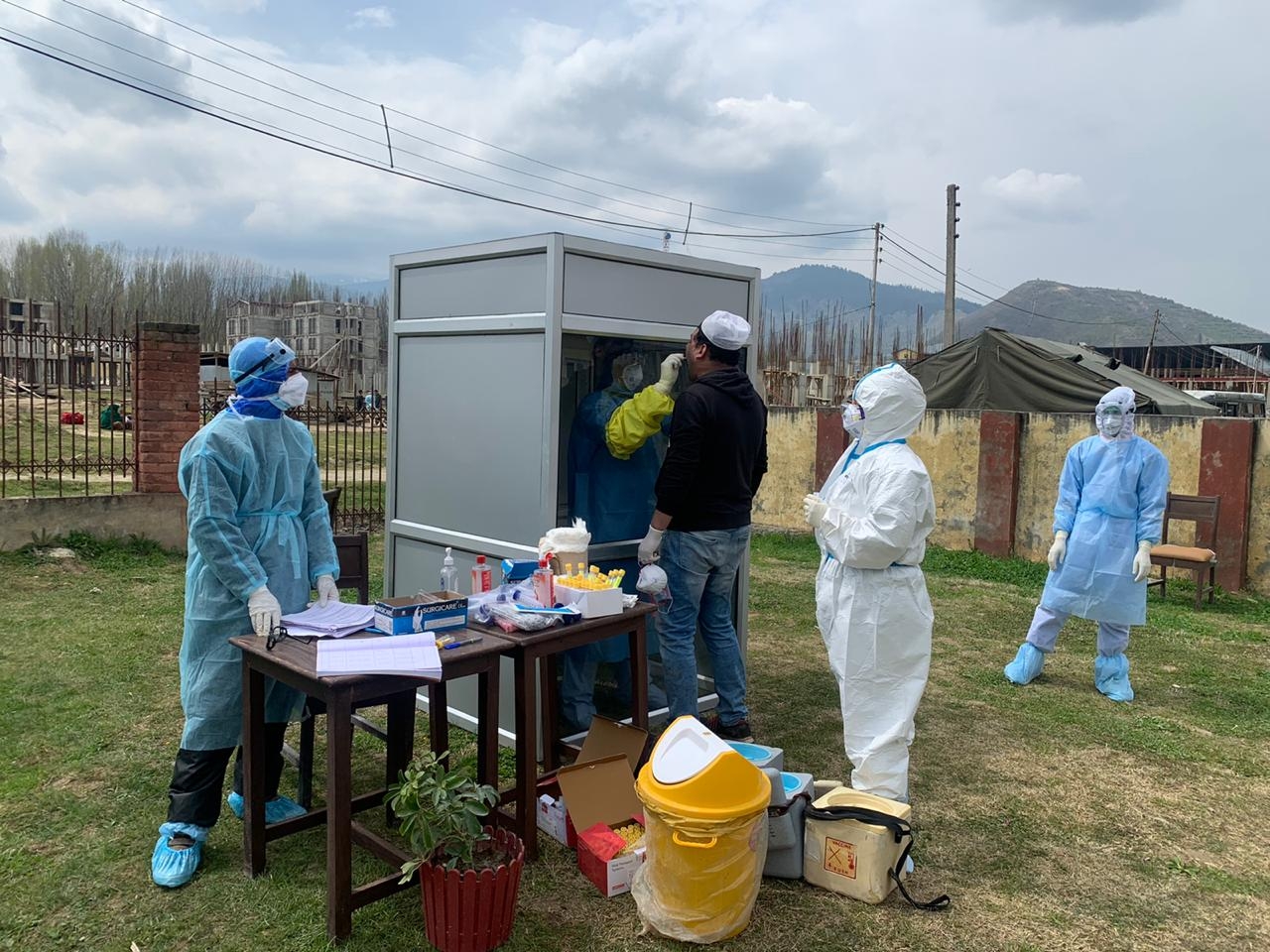The world is nowhere close to the end of the pandemic. We are straddling a potential new wave with massive unvaccinated factions and anarchistic spread of the virus. The spotting of Omicron gives prominence to the need for multinational cooperation to thwart the pandemic. It calls for an urgent fundamental reset and global health strategy to stave off another big disaster.
WHAT’S THE DILEMMA?
The in-place worldwide public health policy designed by global partners has been plagued by vaccine inequity, jingoism, and fear. In 2020 and 2021, developed countries have restricted exports/imports of vaccines. Several EU countries constrained exports of surgical masks even to other EU members, and the United States was accused of seizing freights fringed for its allies. Moreover, well-off countries did stockpile vaccine doses through advanced market commitments well beyond what was required. Albeit the end of a global shortage, international tensions pronto receded.
Nations have also been making isolationist political moves. Despite detecting the variant, South Africa was unfairly criticised. Such actions only add to future toil as countries would loath to open up with the next serious detections.
Rather, it’s time to be centralised as since first reported, Omicron has been detected in 89 countries indicating local transmission. India had 147 cases last week, with cases doubling every three days. New modelling studies suggest 25,000 to 75,000 deaths in England by the end of April 2022.
Chasms have alike followed between the vaccinated and unvaccinated. According to WHO Director-General Tedros Adhanom Ghebreyesus, in mid-November six times booster doses were being supervised daily around the world than primary doses in low-income countries.
The 2021 Global Health Security Index released that “all countries remain dangerously unprepared for future pandemics” as the world performance slipped to 38.9 in 2021 from 40.2 in the GHS Index, 2019. According to the report, 73% of countries weren’t able to furnish expedited consent for medical countermeasures. Furthermore, countries including high-income ones didn’t make committed financial investments in strengthening pandemic preparedness.
THE STANDPOINT
Evidence suggests that lopsided vaccine rollouts will stimulate new variant mutations and vex the international community. Governing the expanse of any variant is the responsibility of all countries. Health catastrophes, thereby, demand a robust public health infrastructure with pragmatic governance.
UN Secretary-General Antonio Guterres argued that the world “cannot defeat a pandemic in an uncoordinated way and must take concrete action in the coming days” to vaccinate 40% of the world’s population by the year-end.
According to WHO, the vaccination rates in high-income countries are 8 times higher than in the countries of Africa. At current rates, the continent will not address the 70% vestibule until August 2024.
REQUISITE DIRECTION
Rich nations must pledge to bestow their projected surplus vaccines to the developing and underdeveloped nations. National, regional, and global powers must be put together to scale up genomic surveillance networks. A globally administered development, manufacturing, and supply ecosystem with the capability to pivot swiftly during disasters to provide specific medical countermeasures should be evolved. Booster doses should be administered rigorously to mitigate the spread of the virus among partially and fully vaccinated crowds.
Equivalently, the G20 panel has consented to three strategic transitions to facilitate proper and far-seeing financing of global health security. First, the finances of the WHO must be put on a more secure multilateral base and empower it to serve its kernel effectively. Second, the international financial institutions (IFIs) should be repurposed for a new epoch. Lastly, there is a need to identify a unique multilateral financing cog for global health security.
Talking game theory language inclines to altogether rewriting the game that the government fiddles with. In addition, while poorer specks of the world are still waiting for shots, the US and Europe have a vocal minority that refuses them. There are hesitancy, apathy and unused doses. Humankind needs to be informed regarding vaccination windfalls. It’s also time to prioritize vaccinating the younger population, primarily school-going children aged between 12-18.
TALK INEQUITY
A high global vaccination rate is integral for pandemic insurance. Countries should support a temporary waiver of obligations to safeguard Intellectual Property for Covid-19 vaccines, enabling significant access to patents, and technical know-how. Data scans that vaccines have not been rationed evenly—in December 2021, only 6.2% of people in low-income countries had received at least one dose.
Today with the world’s dwindling biodiversity and climate crisis marked by international symposia, health securities are inextricably linked. To mitigate this primary global challenge, nations should engage in broad dialogues across the globe. We should demonstrate the transfer of vaccines and technology to solidify equity across countries. More than ever, we need to embrace the spirit of partnership to assure that we can put the pandemic behind us.
Rajesh Mehta is a leading consultant and columnist working on market entry, innovation and public policy. Diksha Mittal is a policy enthusiast with primary interests in macroeconomics and global affairs. Views expressed are personal.

